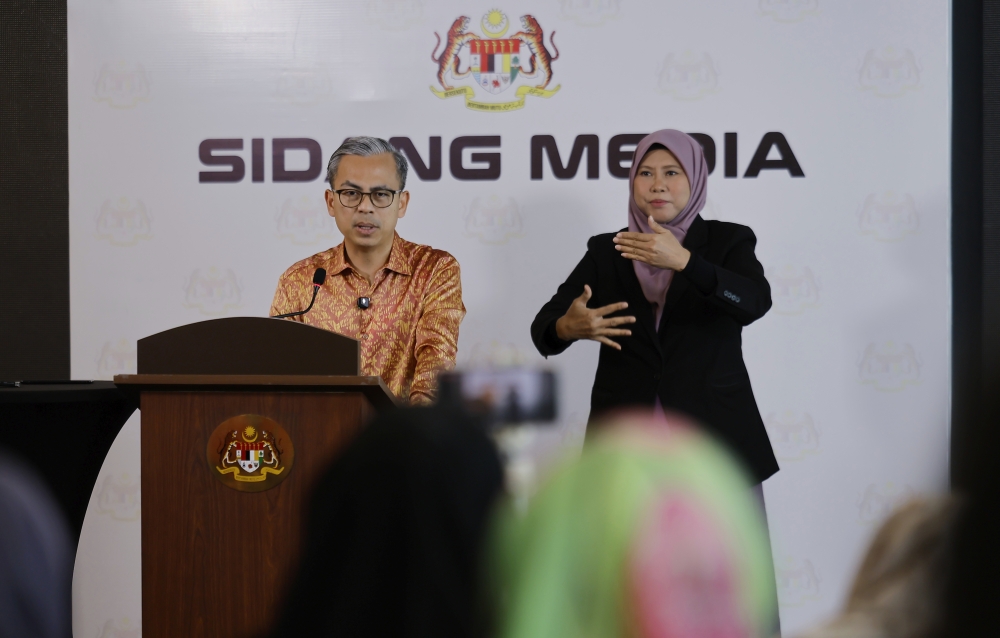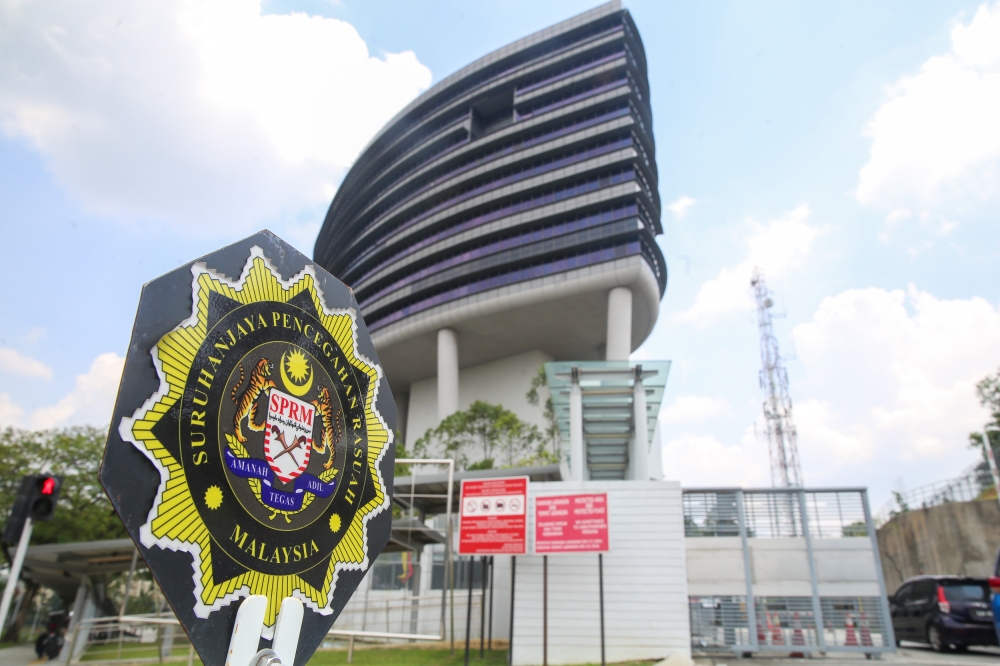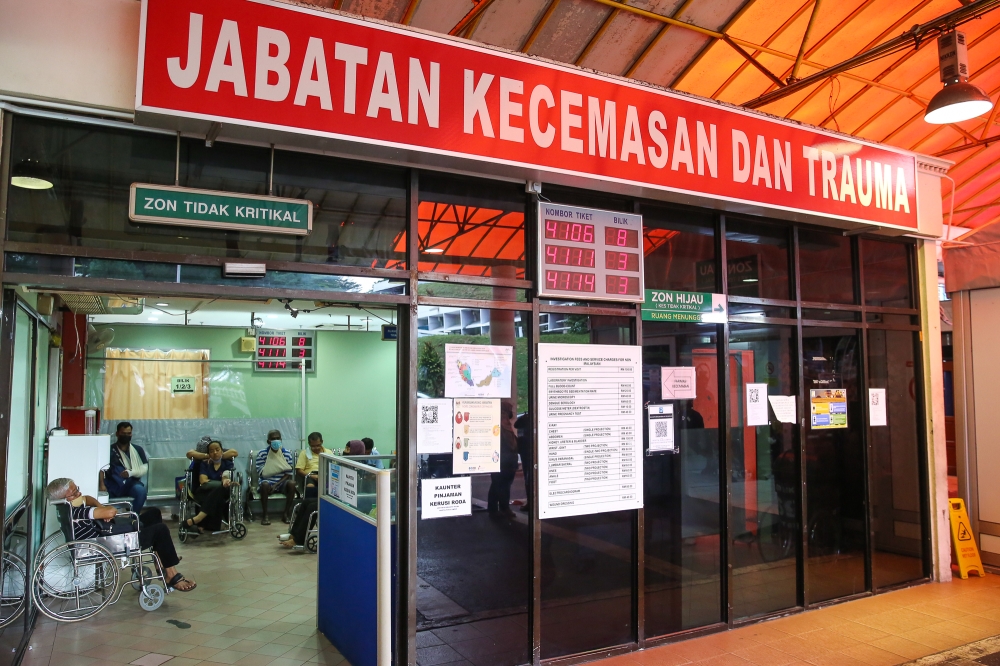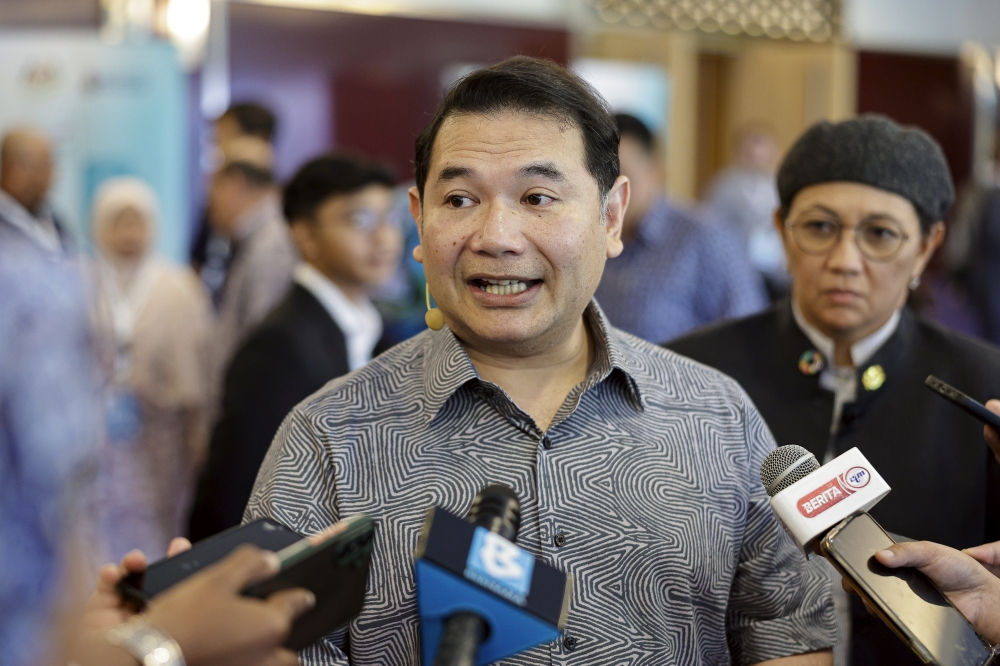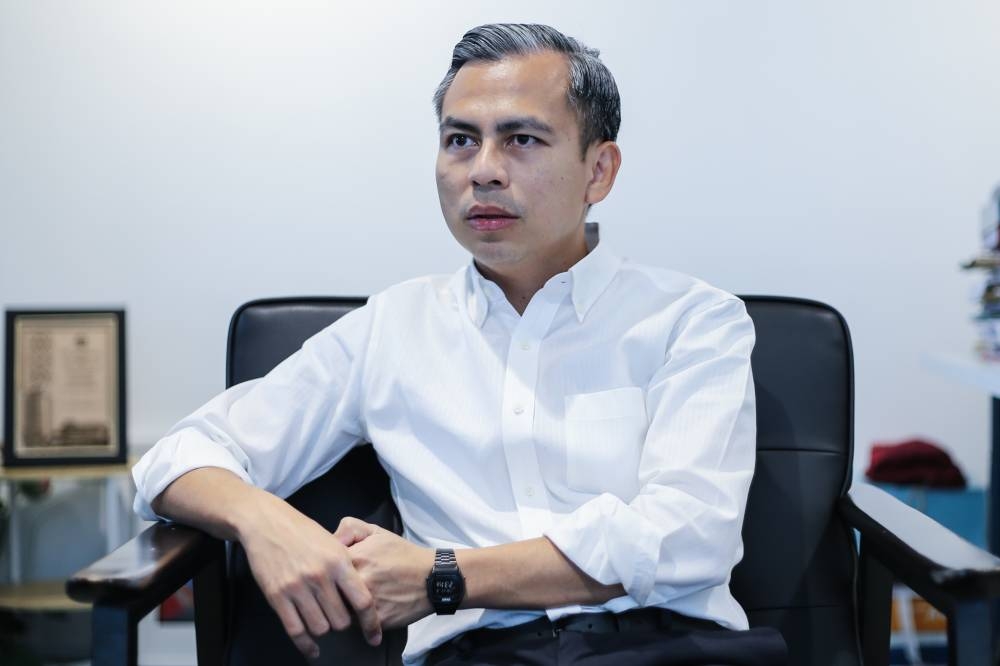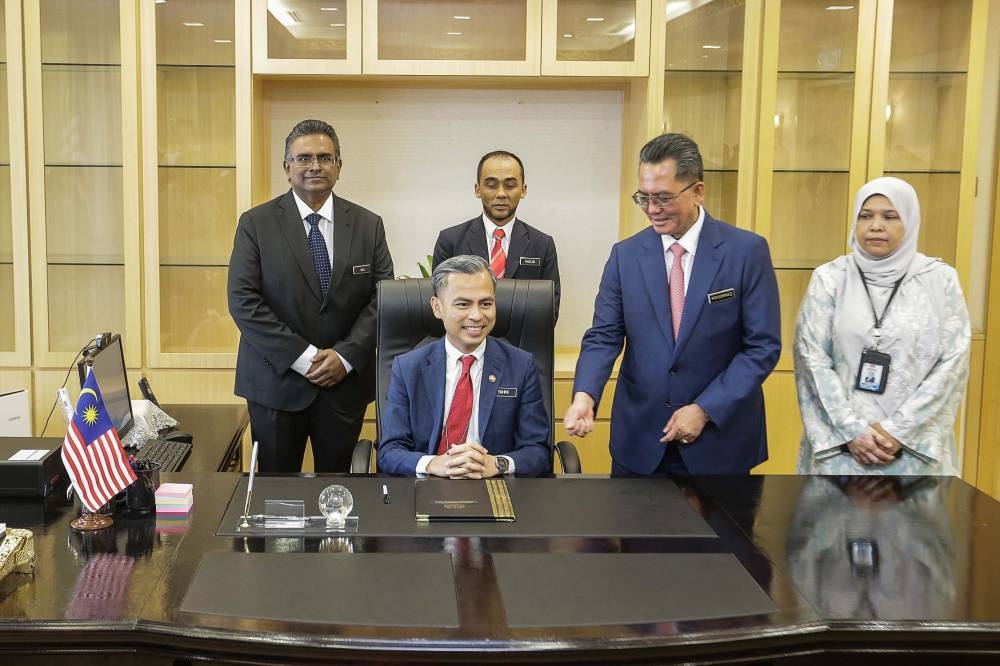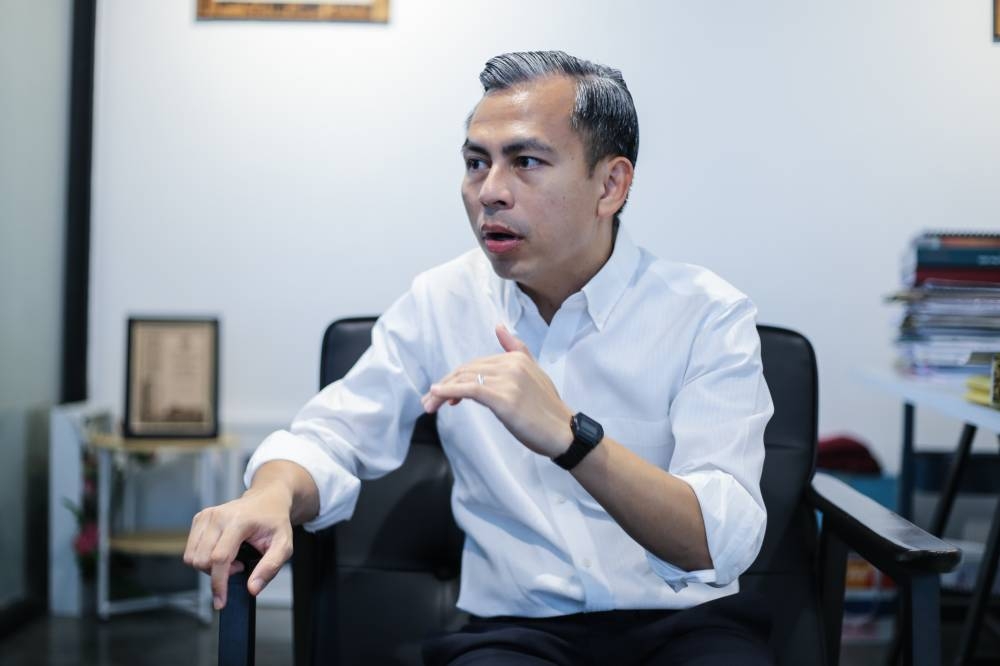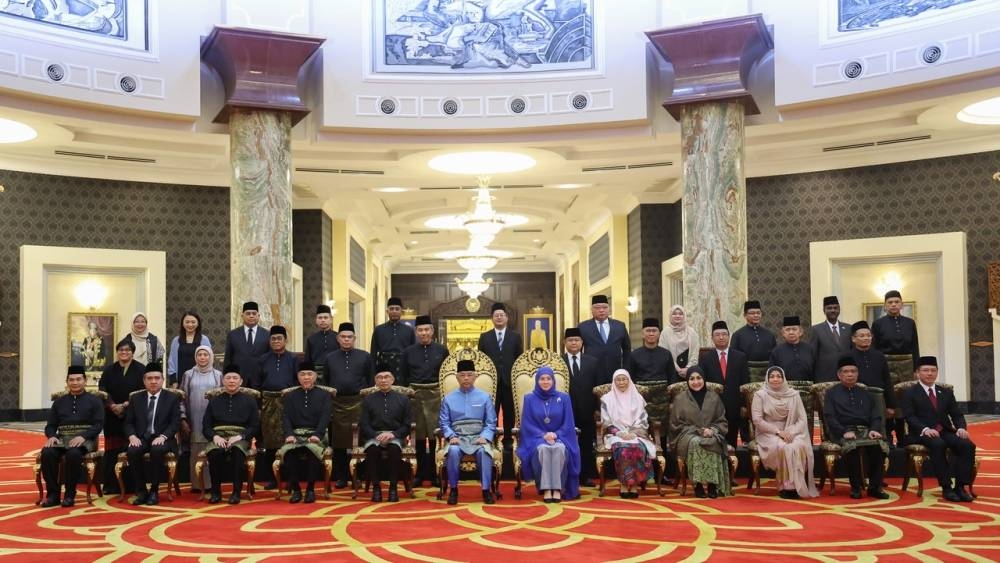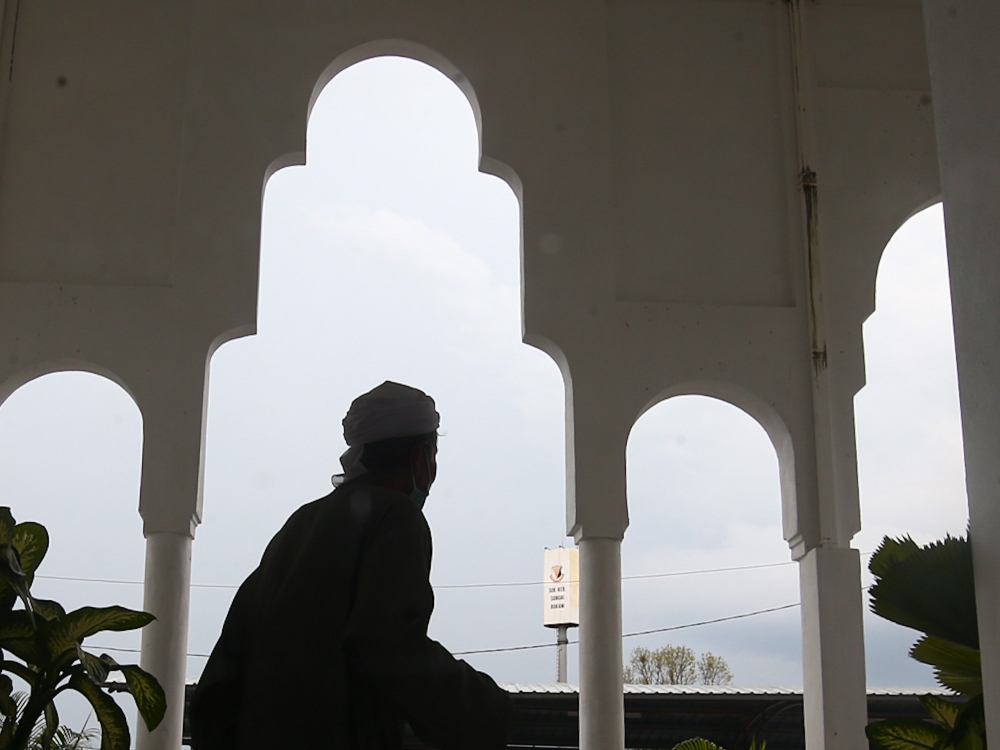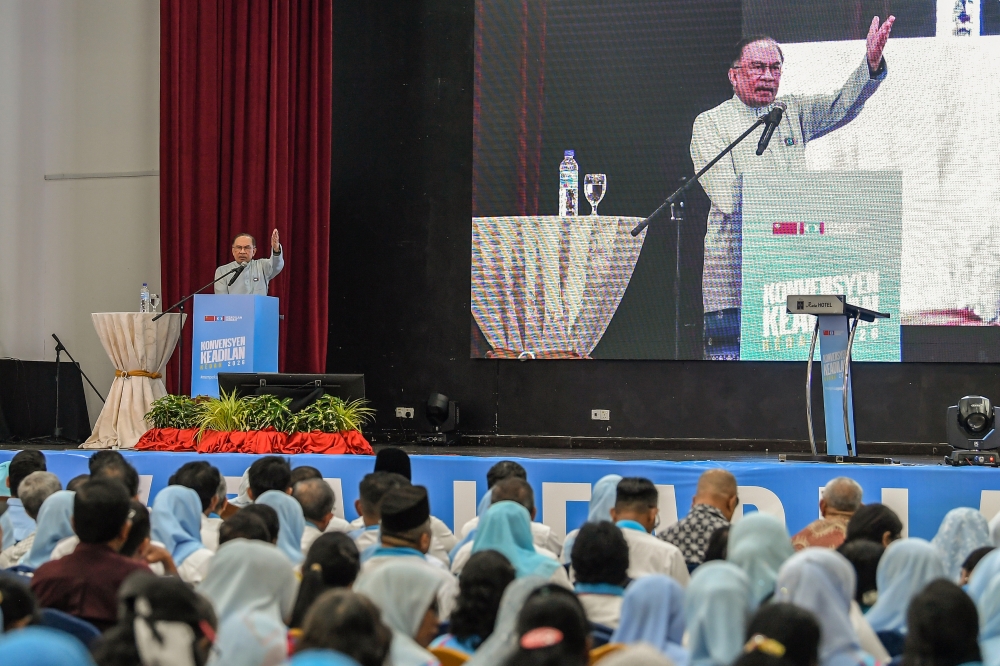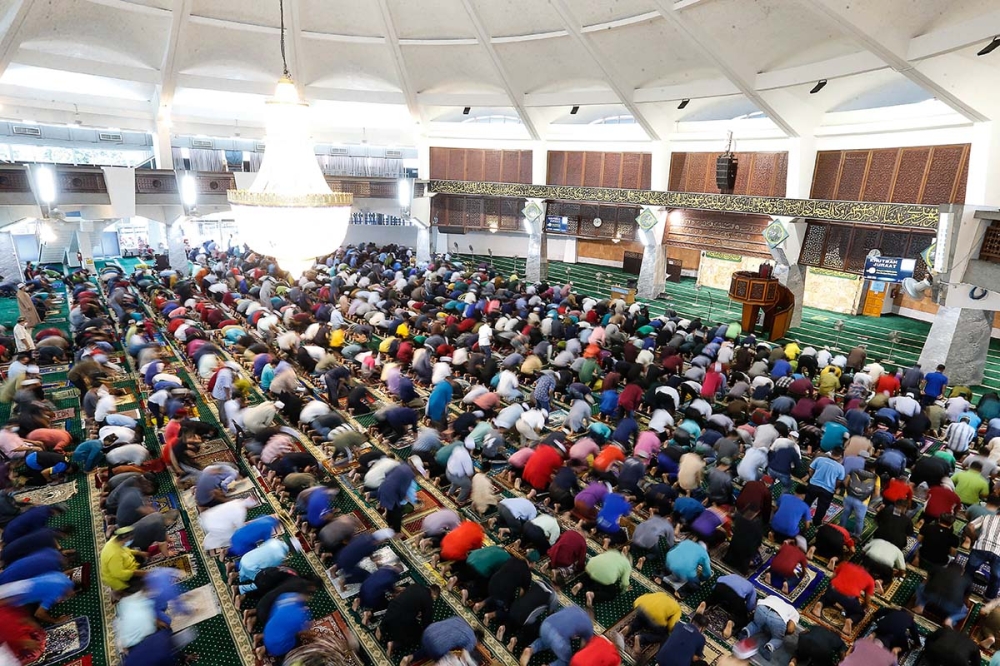KUALA LUMPUR, Dec 5 — Fahmi Fadzil has been appointed as Malaysia’s new digital communications minister under Anwar Ibrahim’s new Unity Government. He replaces Tan Sri Annuar Musa and he clocks in starting today. Here are the top 5 things he needs to address for better connectivity and communications for Malaysians.
Relook at Malaysia’s Single Wholesale Network model for 5G
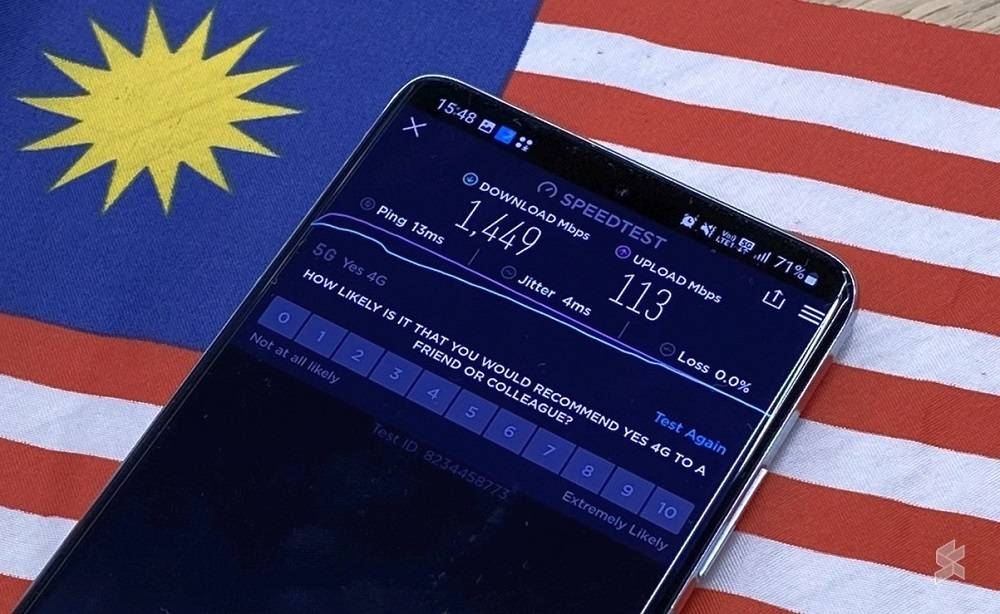
Malaysia has been lagging behind its peers when it comes to 5G adoption. This is partly due to delays and changes of direction by the previous administrations. Unlike most countries, Malaysia has adopted a single wholesale network for 5G rollout via a state-owned Digital Nasional Berhad (DNB). While it claims to offer an accelerated rollout with a supply-driven and cost-recovery model, the telcos have pushed back while raising concerns about the model’s ability to ensure affordable and quality 5G services to consumers.
One of the reasons why telcos were reluctant to sign up earlier on is the 5G wholesale price of RM30,000 per Gbps per month that’s locked to a period of 10 years. There are also concerns about a lack of a framework and instruments to regulate a single wholesale network. Although five telcos have signed up for 5G access for 10 years, the actual wholesale pricing is still up in the air as telcos are currently getting the 5G wholesale services for free until 31st December 2022.
As of Q3 2022, DNB appears to be falling behind its 5G deployment targets. Last year, it aimed at achieving 40 per cent 5G population coverage by end of 2022 with a total of 4,018 sites by the end of 2022. According to Jendela's report as of 30th September 2022, DNB has only deployed a total of 1,915 sites which include 1,070 that have been onboarded with the coverage areas in Kuala Lumpur, Putrajaya, Selangor, Penang, Johor and Perak. It aims to achieve 80 per cent 5G population coverage by the end of 2024 with 7,509 sites.
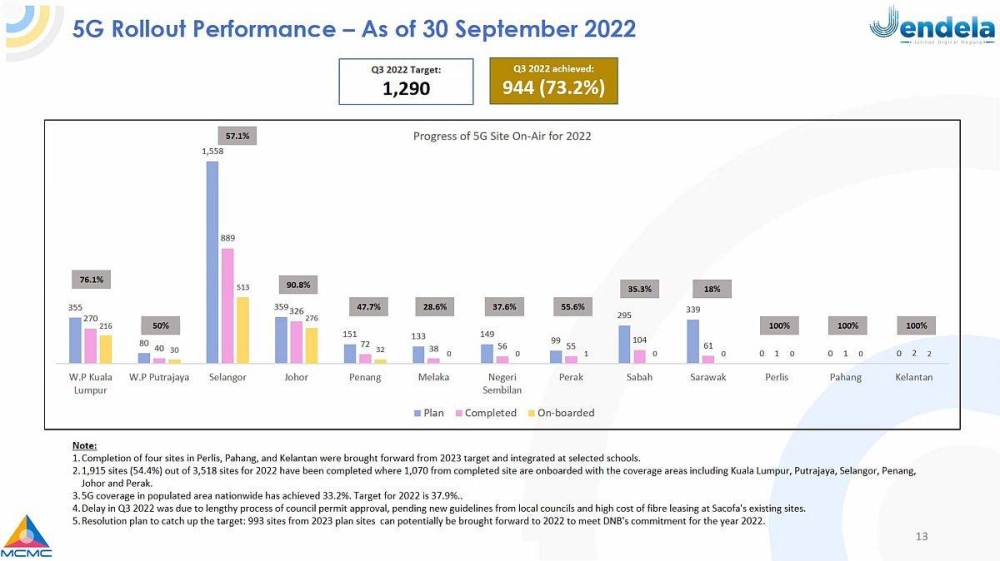
During the last administration, the government revoked spectrum neutrality which prevented telcos to use their existing spectrum for 5G. This is seen as a backward move as telcos could technically use their existing 2300MHz and 2600MHz spectrum to deploy 5G, similar to Thailand and Australia. The new administration should reinstate spectrum neutrality allowing telcos to better optimise their spectrum with the latest technology and consumer demand.
Is a single wholesale network viable for Malaysia in the long run? Or should Malaysia consider other models including a dual wholesale network approach? This is something the government needs to look into immediately as 5G infrastructure is for the long term and we need to build it right from the start.
Expanding affordable and quality connectivity for underserved communities
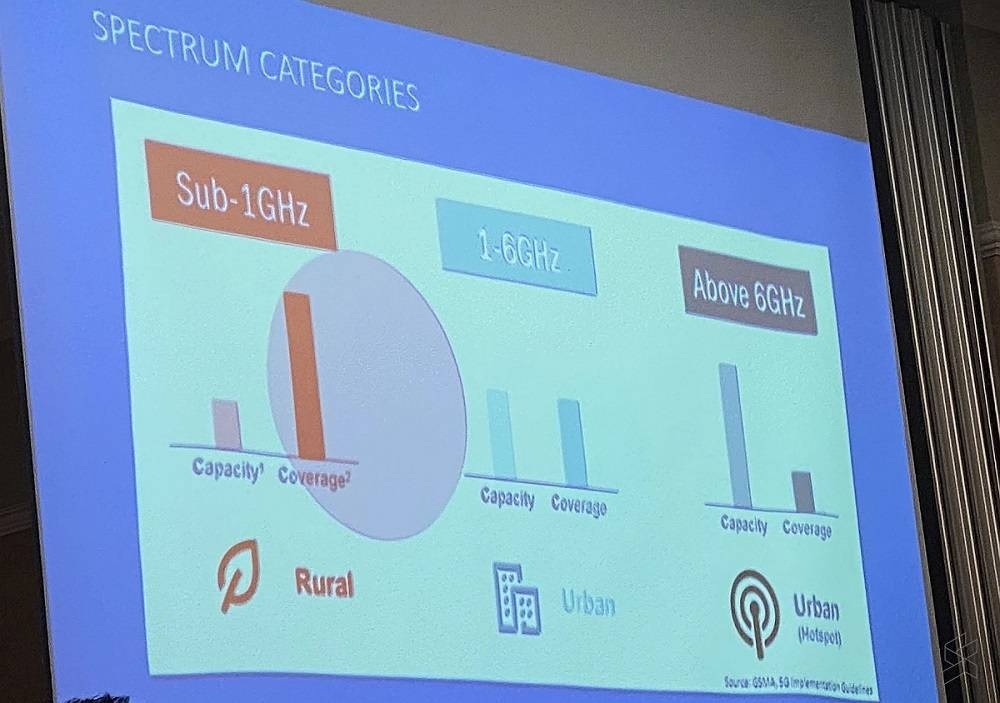
The ongoing Jendela initiative claims to be close to achieving its intended Phase 1 targets including 7.5 million premises passed by fibre, increasing average mobile speeds to 35Mbps and hitting 96.9 per cent 4G population coverage. However, there are still complaints about unsatisfactory coverage and mobile experience.
Besides scrutinising complaints about the existing 4G networks, the MCMC should also relook at the spectrum allocation to ensure that it is optimised by all telcos. At the moment, DNB is the sole entity assigned with the 700MHz, 3.5GHz and 26/28GHz spectrum for 5G usage. The lower 700MHz band could be better utilised to expand 4G mobile coverage effectively in rural areas and it requires fewer towers than using 900MHz.
At the same time, 700MHz can be used for both 4G and 5G with Dynamic Spectrum Sharing. As demonstrated by TM, a 700MHz 5G SA site can deliver speeds of over 200Mbps which is great for wireless broadband in low-density rural areas.
Holding social media platforms accountable for allowing scam ads
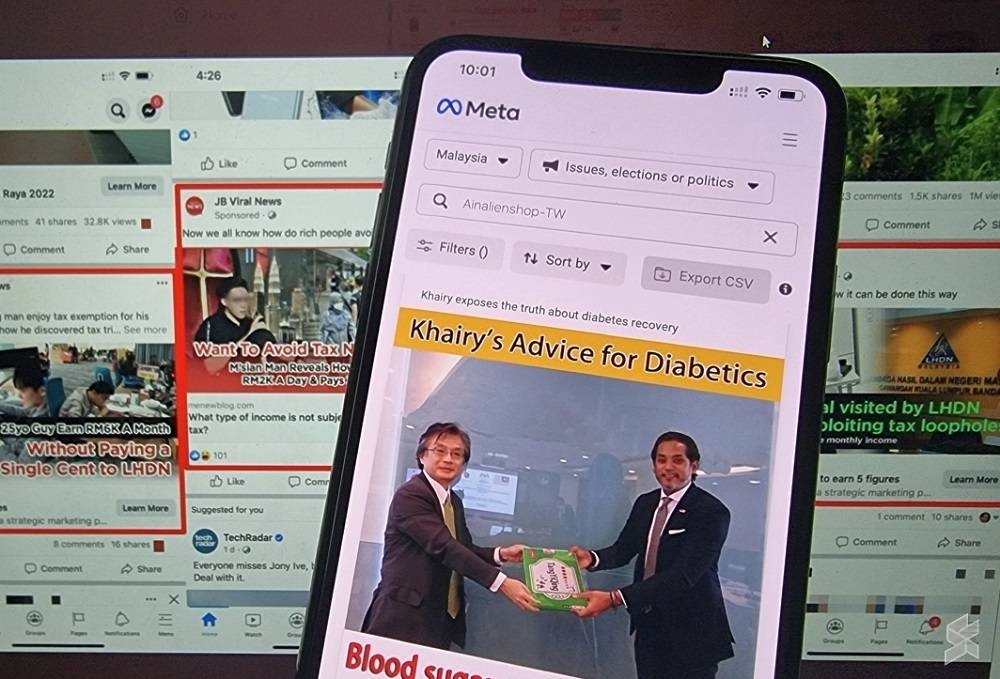
For a lot of users, social media platforms such as Facebook, Twitter, Instagram and TikTok, is the internet. These platforms are powerful tools to disseminate information but they can be misused for scams and misinformation. As we’ve highlighted recently, social media platforms especially Facebook are becoming a cesspool of scams and it has been well documented that it allows scam ads on their platform without basic checks. On top of that, the platforms are not acting quickly enough to take down such ads which violate their own policy when users report them.
These platforms make a lot of money from ads on their platform and they should be accountable for ads that do not comply with local regulation and their own policies. The least they could do is to have a dedicated local team in Malaysia who can understand the local context, and they can remove these ads within a few hours instead of days.
TikTok has been heavily criticised as well for spreading racially charged content and allowing “May 13” sponsored videos to run on their platform. Days before Fahmi Fadzil was appointed to his current role, he has already started to look into these social media issues with the MCMC. He said he believed in a stricter regulatory framework for social media.
Taking a serious stance against data breaches
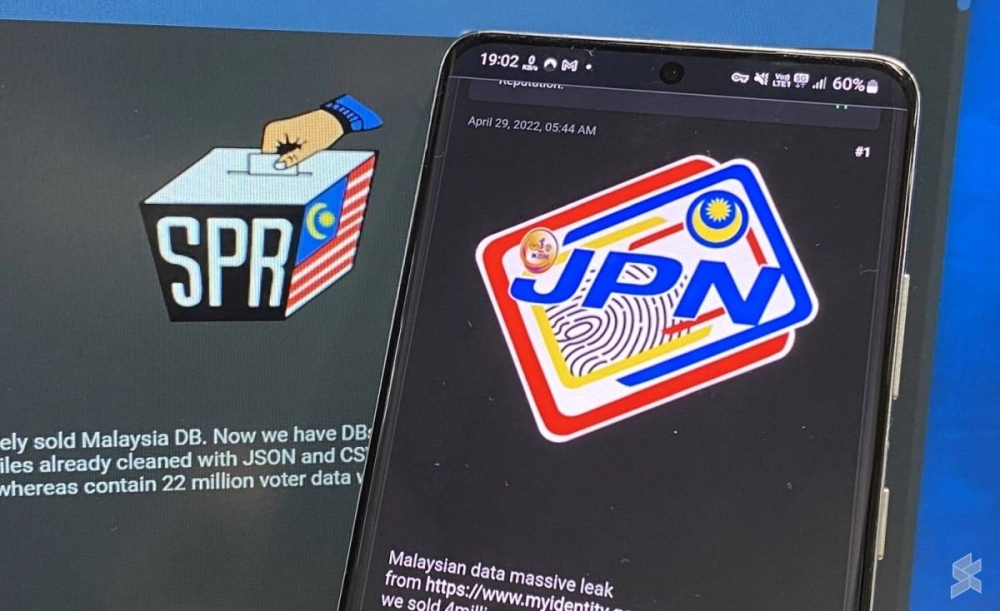
The personal data of Malaysians have been widely exposed through a number of data leaks from both the public and private sectors. Most often, we hear databases of Malaysians containing phone numbers, emails and even eKYC photos being sold online but we hardly hear an outcome of an investigation, who is responsible and what will be done to prevent this from happening again. The former Home Affairs Minister merely denies that it came from JPN directly while former Defence Minister Hishamuddin Hussien reportedly said that the data leak will not affect national security.
It was recently reported that an alleged data breach involving 5 million AirAsia passengers has been leaked but AirAsia’s response is merely to say that their critical systems are not affected and there is no operational impact. More needs to be done to take data leaks seriously as such information can be misused for scams and phishing attacks against citizens.
Better consumer protection against misleading telco ads and unfair contracts
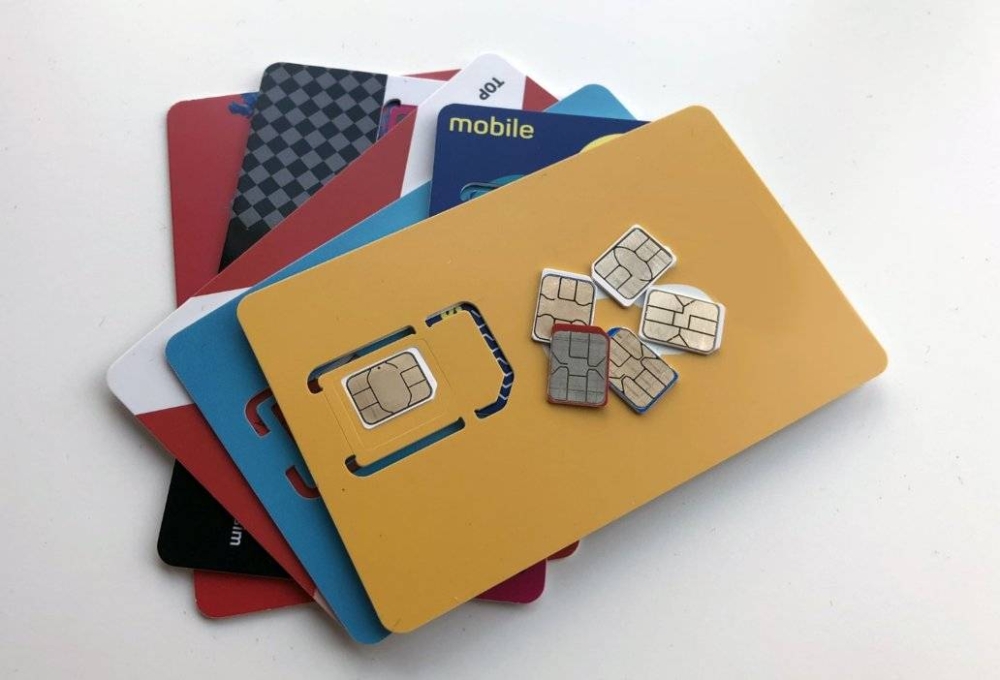
As consumers ourselves, we hate telco plans that are both confusing and misleading. Previously, telcos have pledged to provide greater transparency when it comes to advertising but we are still seeing plans with hidden terms and conditions that are unfavourable to consumers, especially for “unlimited” plans. There should also be a standardised compensation policy if a service gets disrupted or fails to deliver as advertised.
On top of that, telcos should not be allowed to impose their own unfair terms and conditions to trap consumers. As we’ve highlighted before, some fibre broadband providers charge ridiculous penalty charges for early termination with some costing as much as paying the full subscribed service until the end of the contract.
When we approached the MCMC, they said consumers are responsible to reach a service contract as it is based on a willing buyer willing seller principle. That’s quite a disappointment and consumer groups have also urged MCMC to stop telcos from penalising users for terminating bad internet service.
We hope the new administration will set better policies to develop our nation’s connectivity infrastructure while promoting responsible content creation and sharing among the public. What do you guys think? Let us know in the comments below. — SoyaCincau




